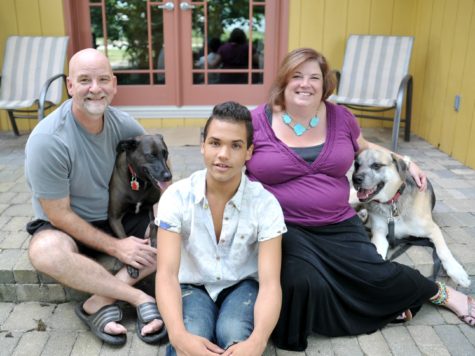Centennial
Timeline
We are proud to celebrate over a century of care and compassion for animals! In this spirit of celebration, we look back at the people, places and programs that have shaped and continue to define Dane County Humane Society and its mission.
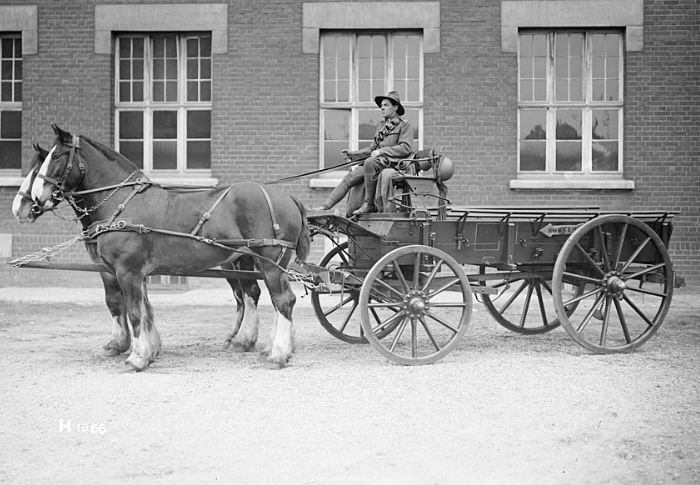
1880
Horses, oxen, and donkeys are the primary means of transportation in the 1880s, but these animals often face neglect and abuse. In 1885, a group of Madison pioneers bands together to prevent cruelty to animals and people.
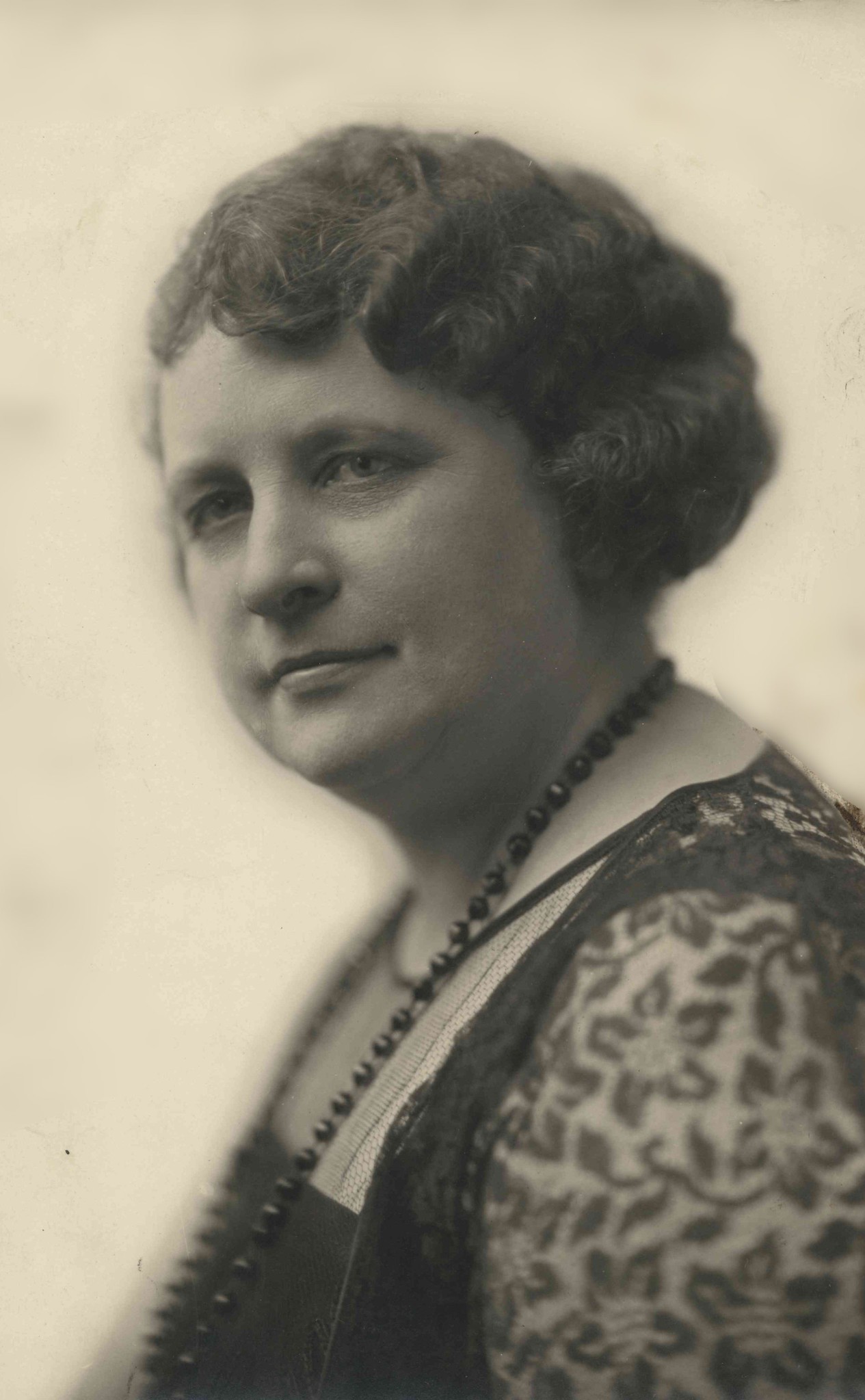
May 26, 1921
DCHS is incorporated on May 26, 1921, and Ida Kittleson is elected as the first board president. For the next 30 years, she helps DCHS grow from a small group of volunteers to a dynamic organization.
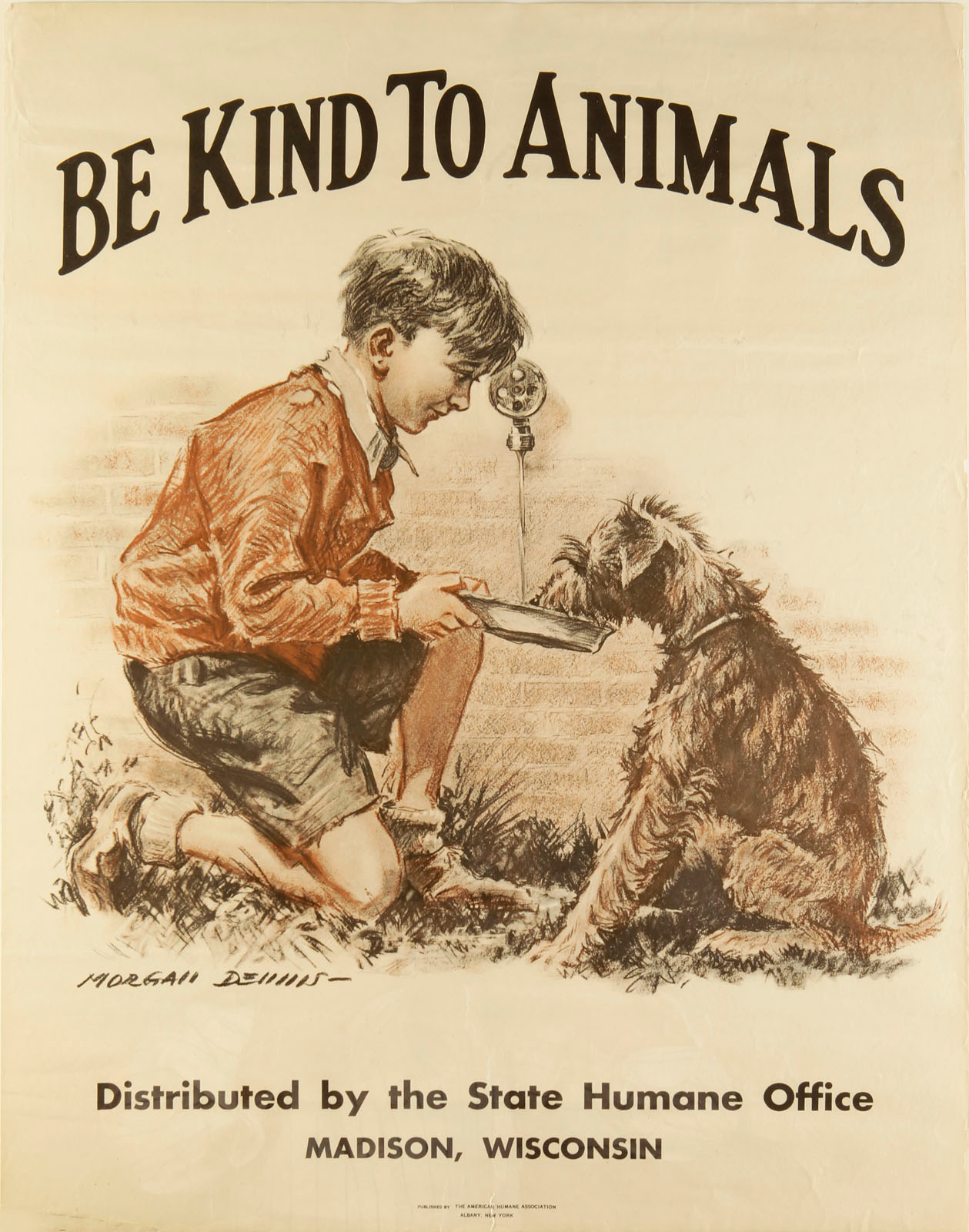
1930
DCHS starts observing Humane Week. Promoting kindness to animals, this celebration includes showing films in the Capitol Theater and displaying Be Kind to Animals posters throughout Madison.
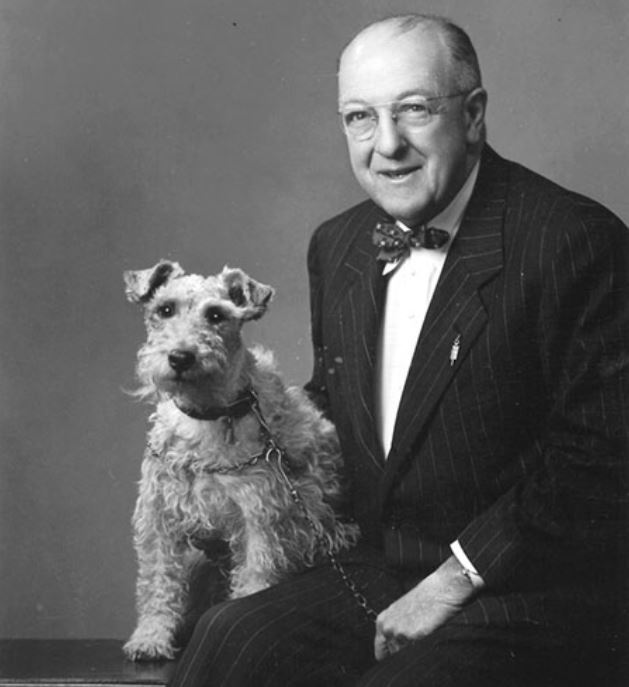
1946
Alexius Baas serves as the first education coordinator for DCHS, sharing his empathy, compassion, and kindness to all living things. He supports humane education and focuses on visiting schools for almost 25 years.
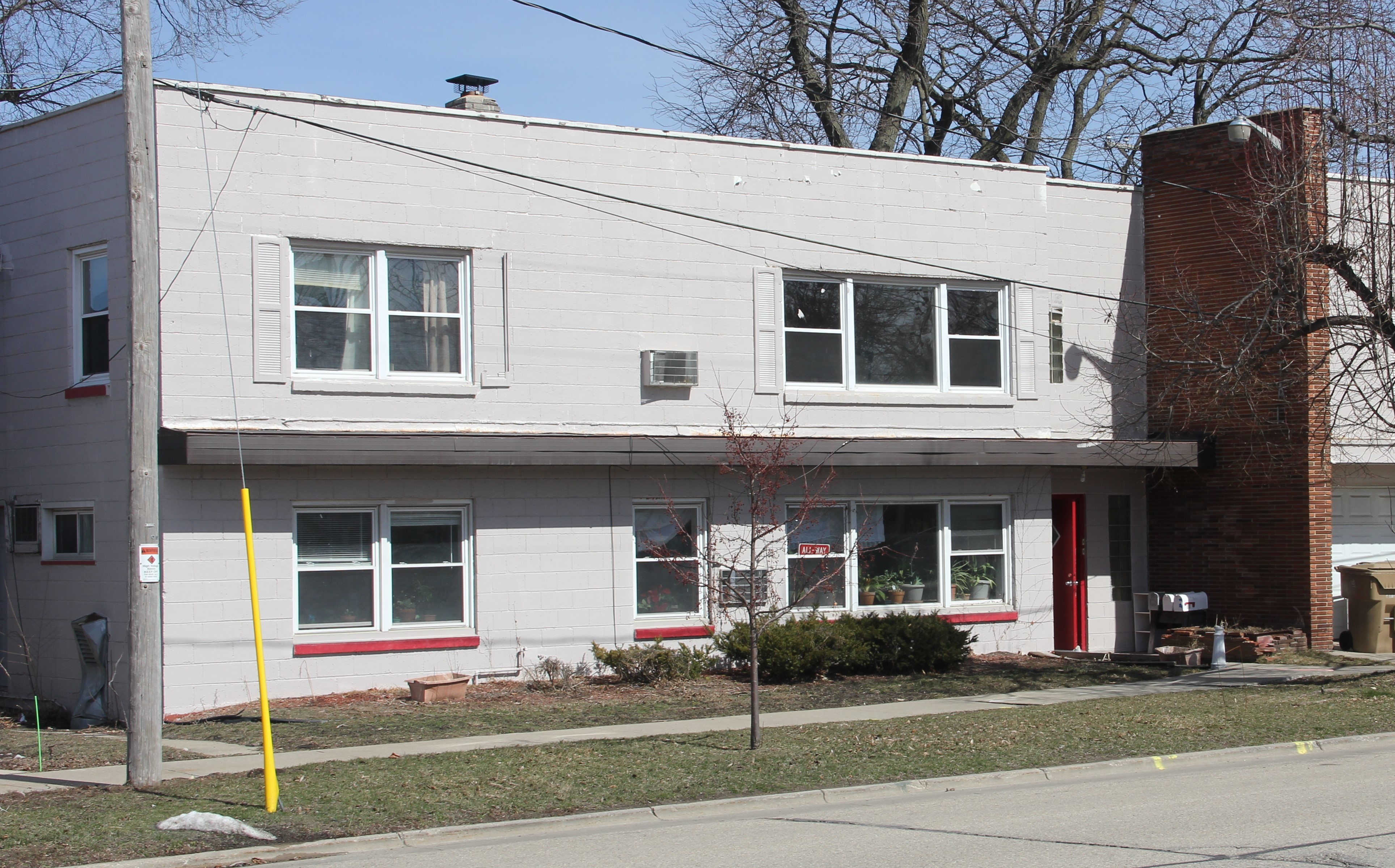
1948
DCHS moves to Candlin Pet Hospital at 702 W. Wingra Drive, a veterinary clinic owned by Dr. Paul Candlin, DCHS's first veterinarian, where they remain for the next 15 years.
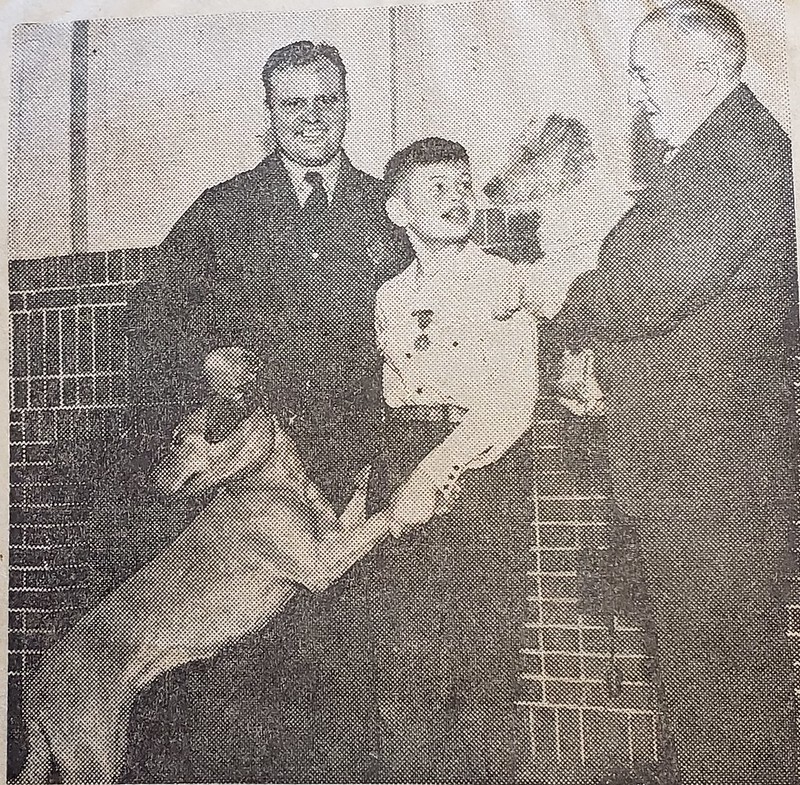
1962
For over 20 years, Alexius Baas, education coordinator at DCHS, conducts weekly radio programs on WIBA and writes a column for the Capital Times. He hopes his message of helping animals reaches many people, especially children.
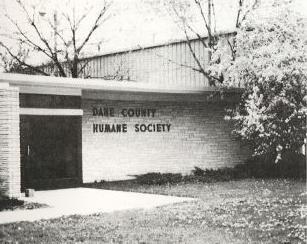
December 30, 1965
Doors open to DCHS's first permanent shelter at 2250 Pennsylvania Avenue. There is room for 100 dogs and separate rooms for kittens and puppies.
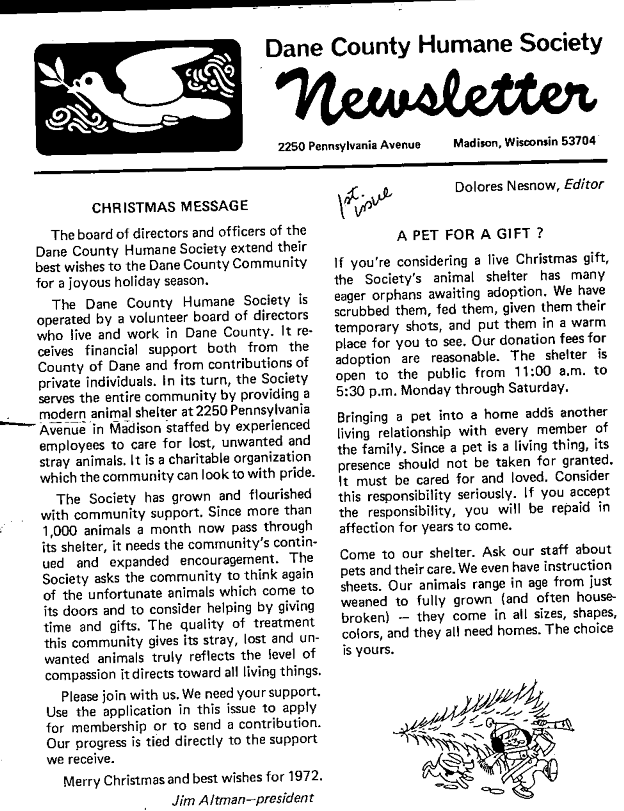
December, 1972
The first issue of Dane County Humane Society's newsletter is released. The newsletter gives updates on shelter operations and also seeks to increase community support.
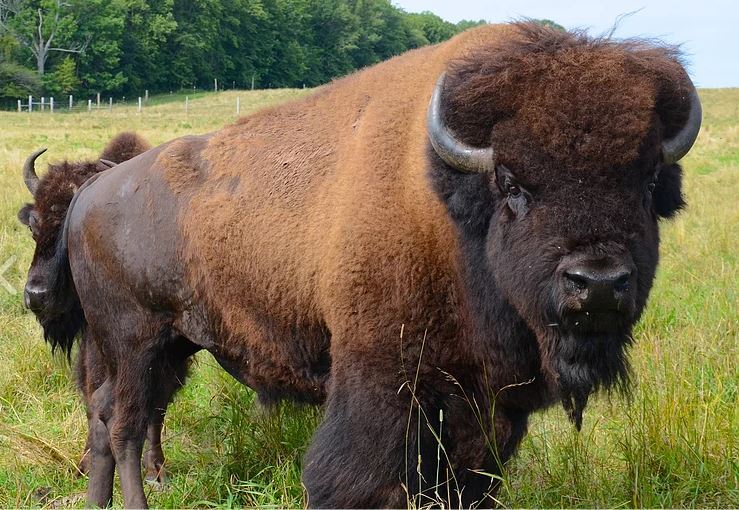
1983
DCHS humane officers respond to a call from the sheriff’s department asking for their assistance. They round up two bison roaming a homeowner’s residence after escaping from a nearby farm in Deerfield.
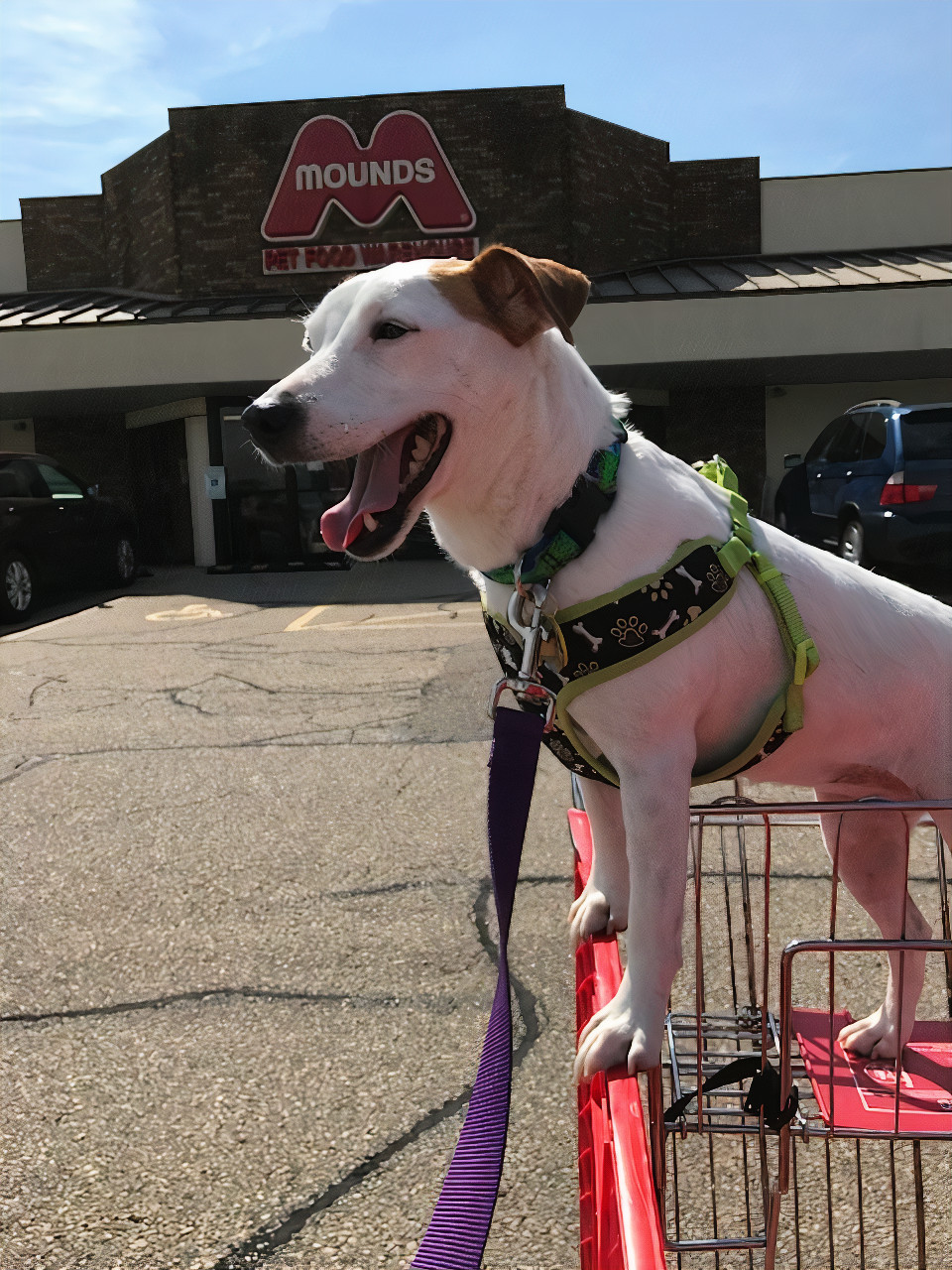
1993
Mounds Pet Food Warehouse begins partnering with DCHS to support our community's animals. This includes donating food and cat litter, promoting the People for Pets and Humane Holidays events, and showcasing adoptable animals in satellite adoption centers.
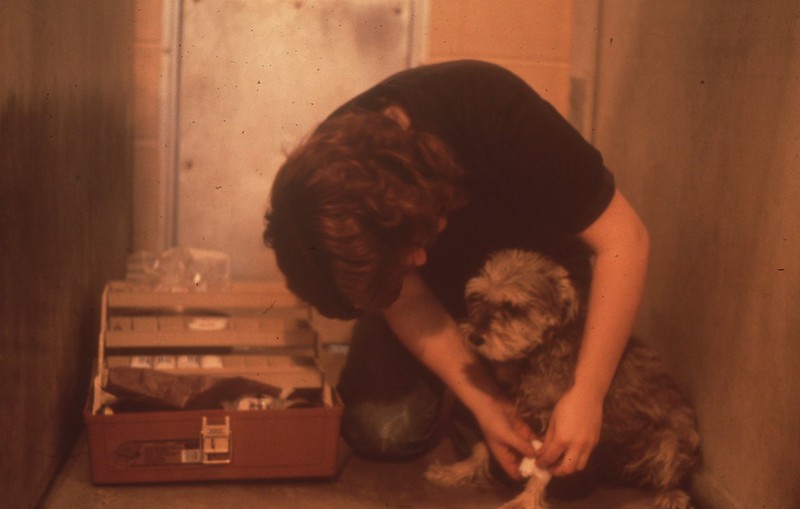
September, 1993
DCHS opens its first in-house veterinary clinic in an old garage at the Pennsylvania Avenue shelter, giving DCHS the space to perform spay/neuter surgeries on-site and to treat wounds and injuries.
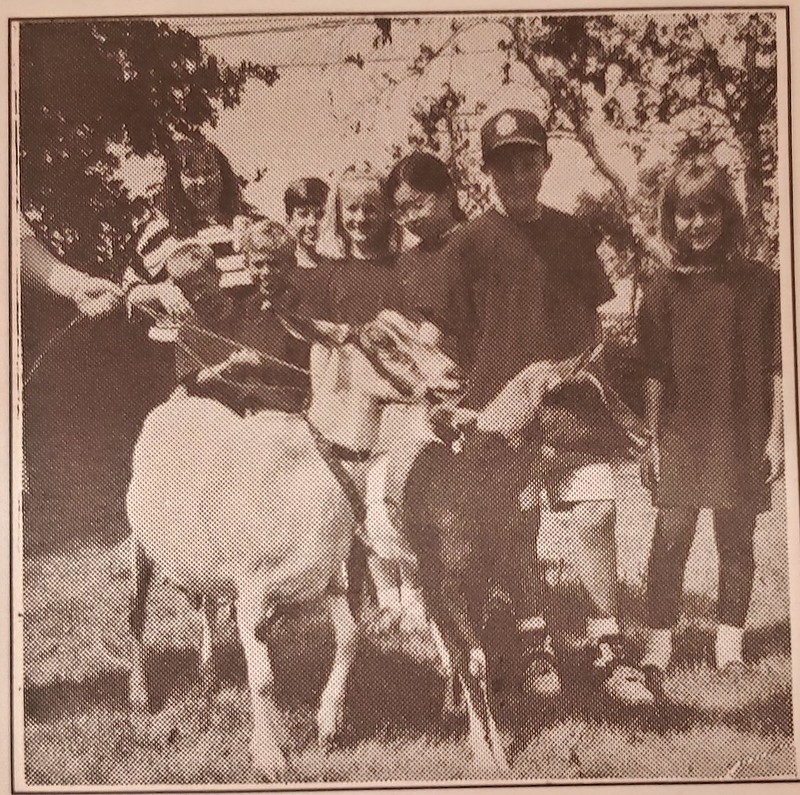
June, 1994
DCHS's popular Camp Pawprint begins with four, week-long sessions of animal themed activities for children ages 8 to 12. Highlights include meeting a newt, pot-bellied pig, tarantulas and an iguana.
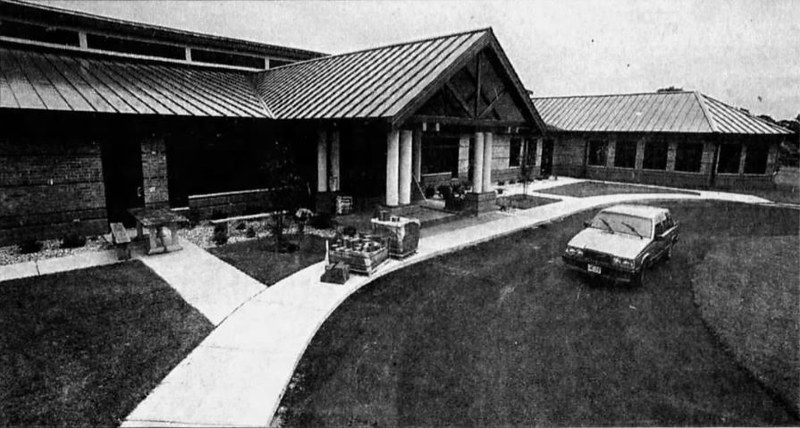
2000
DCHS reaches a long-awaited goal of acquiring more space to house animals, expanding their services, and offering more programs by moving to its new 29-acre campus at 5132 Voges Road.
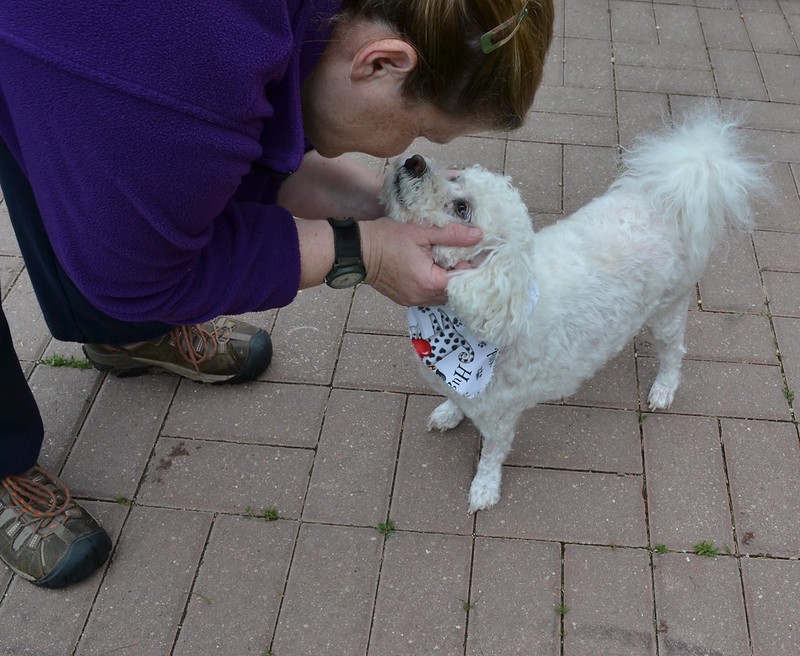
2001
In partnership with Sheltering Animals of Abuse Victims, DCHS begins providing confidential temporary housing for pets of domestic abuse victims. The program provides a safe refuge for pets so that survivors can leave abusive relationships.
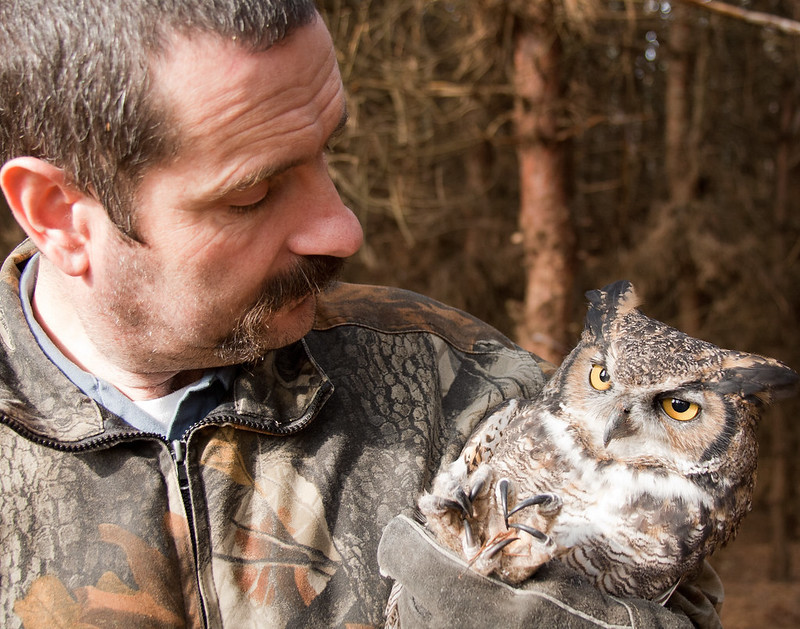
2002
The Wildlife Center begins to rehabilitate injured, sick, and orphaned wildlife in a converted stall in the DCHS barn. Just over 100 wildlife patients are helped in the first year.
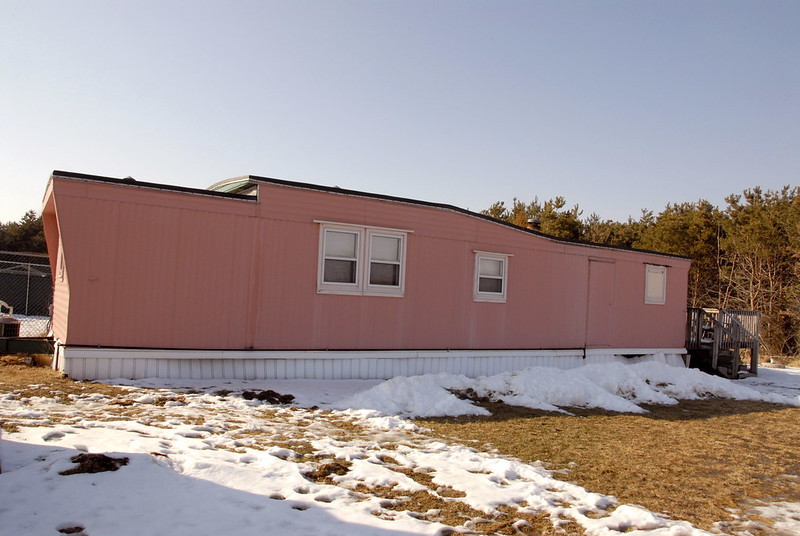
2003
DCHS is one of the first shelters in the world to treat ringworm, a highly contagious fungal infection, in a shelter environment. The Felines in Treatment program was originally housed in a 1960s trailer behind the main shelter.
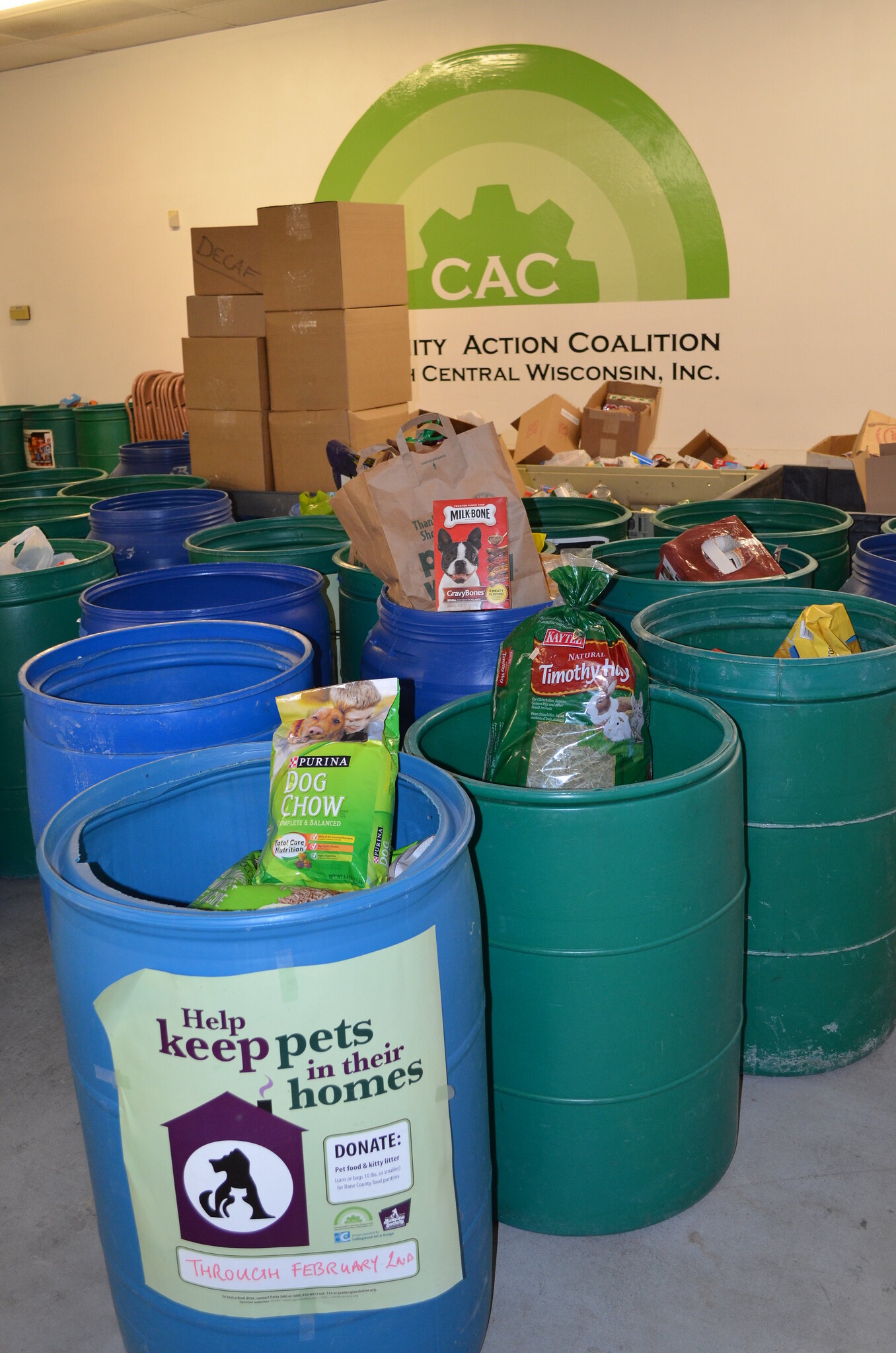
2011
DCHS partners with Community Action Coalition for South Central Wisconsin to supply pet food and cat litter to participating Dane County food pantries. To date, the program has collected and distributed over 295,000 pounds of food and supplies.
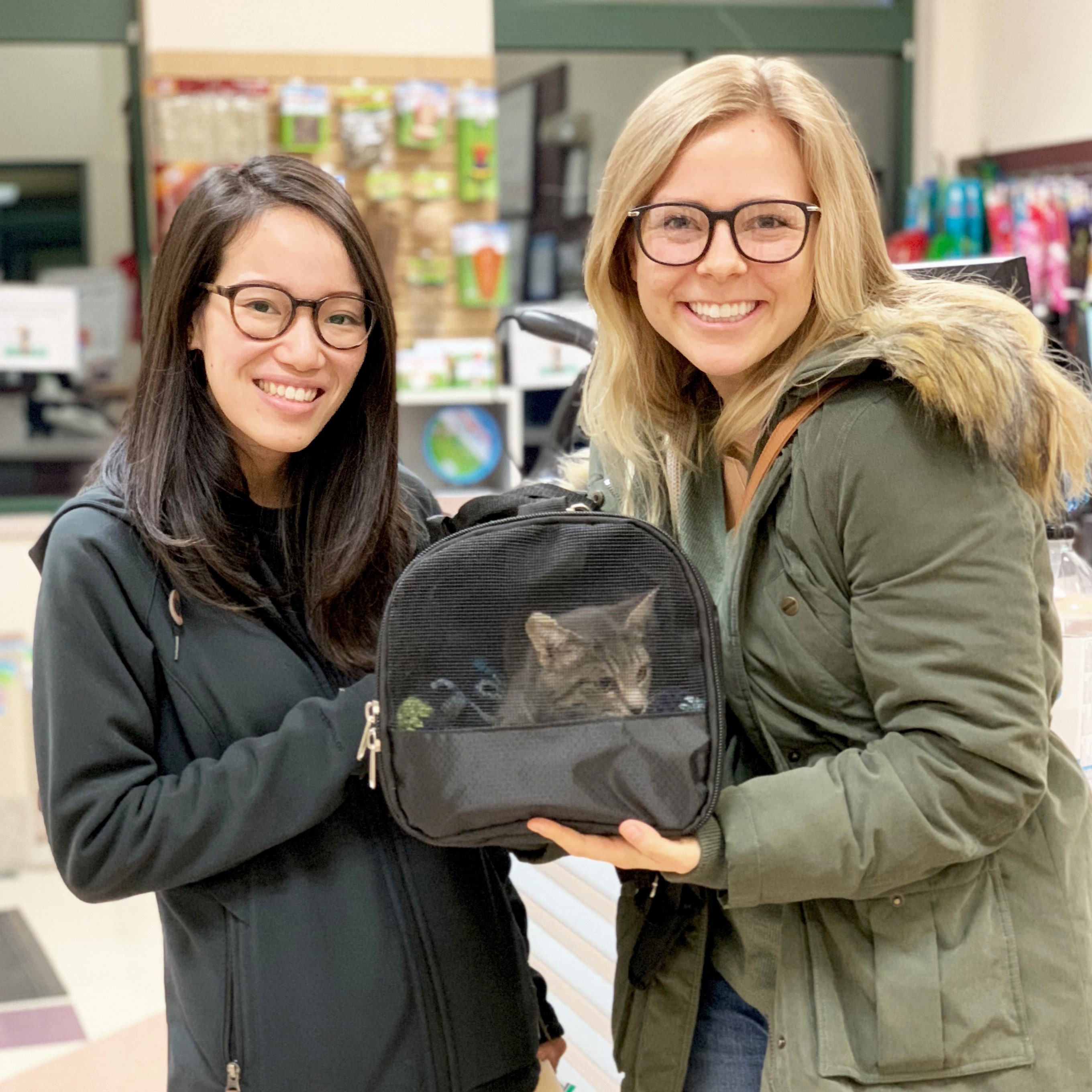
2012
DCHS reaches Adoption Guarantee status; all healthy and treatable animals at DCHS are guaranteed to stay at DCHS as long as it takes to find new homes.
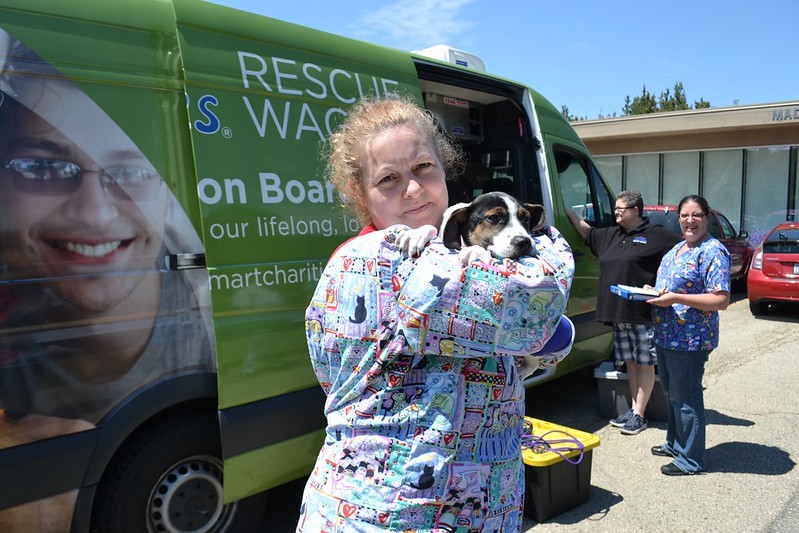
August 26, 2014
As intake of local animals decreases, DCHS forms partnerships to begin transferring dogs from overpopulated shelters in Wisconsin and Southern United States to meet our community's desire to adopt homeless dogs.
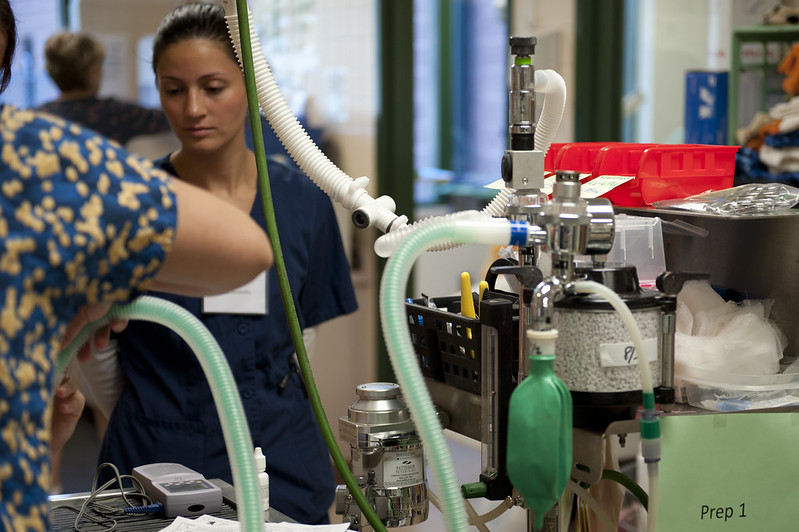
2015
UW-Madison School of Veterinary Medicine begins their Shelter Medicine program. Vet students participate in an ambulatory rotation at DCHS, shadowing various departments to gain an understanding of shelter medicine and shelter animals.
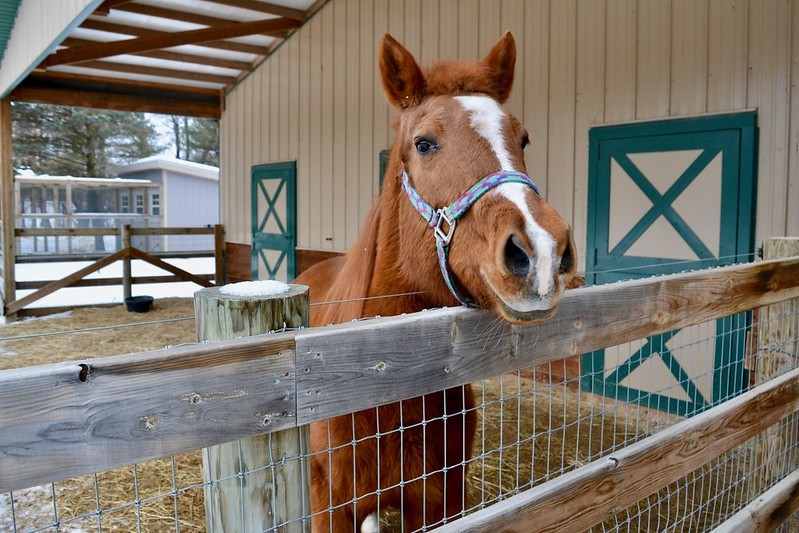
June 26, 2016
The DCHS Equine and Livestock program expands with the construction of a new barn. Six stalls with individual fenced paddocks and an indoor arena provide ample space for horses and other barnyard animals.
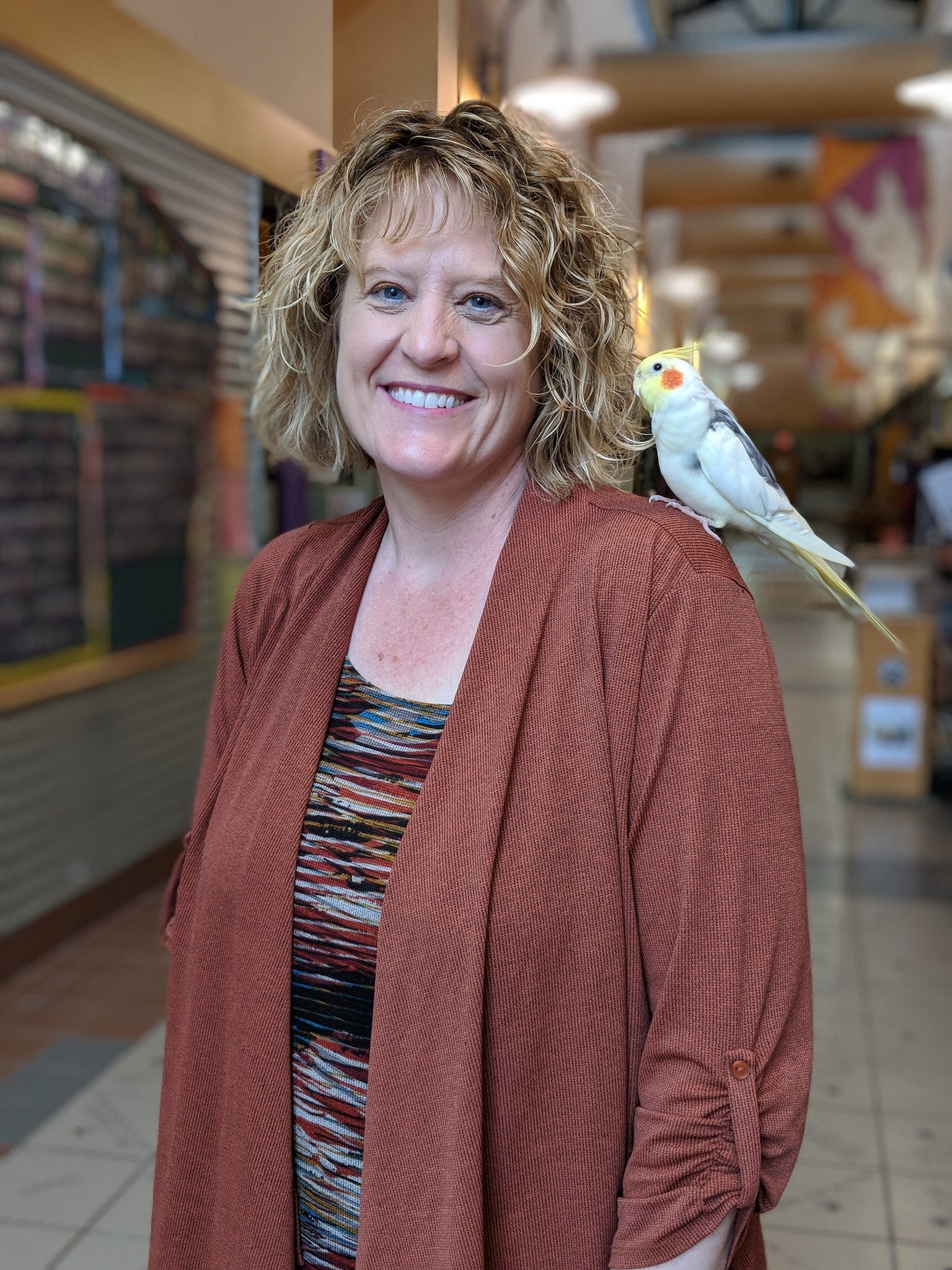
2017
In Business magazine presents the Women of Industry Award to Pam McCloud Smith, DCHS Executive Director since 2002, for her creativity and for positioning Dane County Humane Society as a regional, state, and national leader.
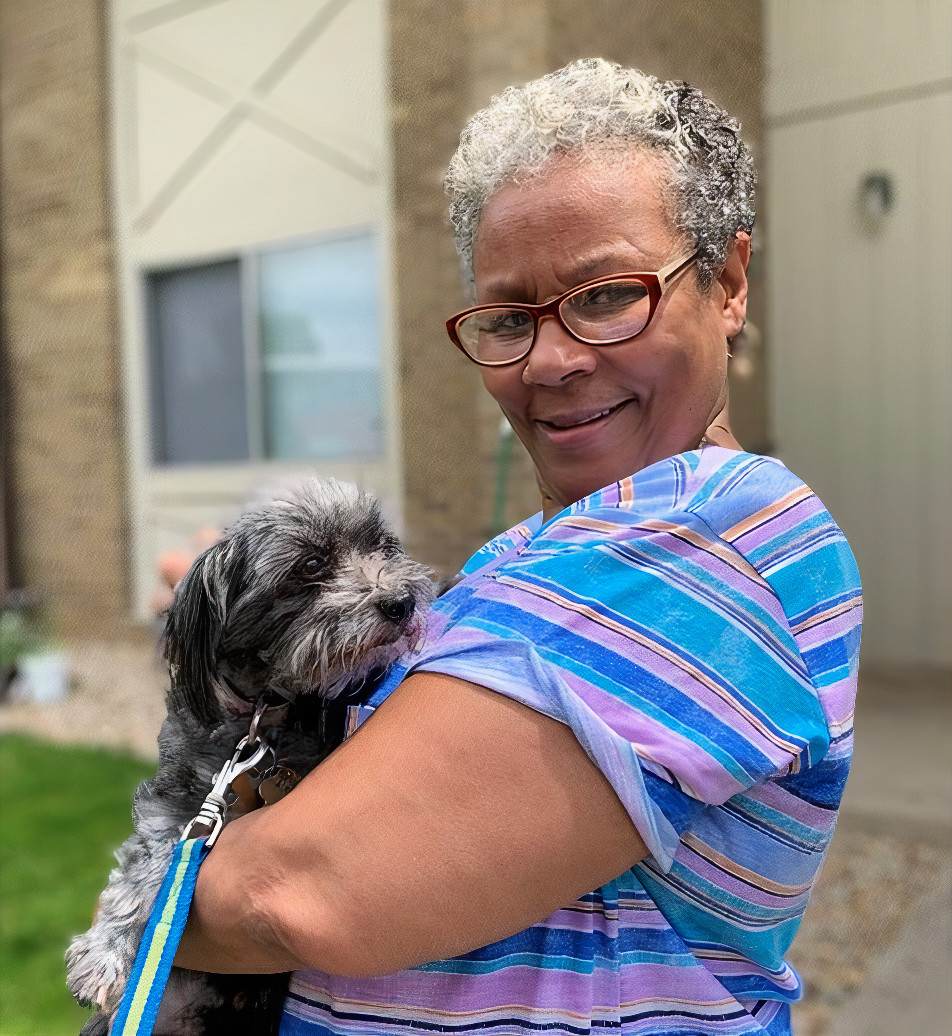
2018
DCHS is selected to partner with Humane Society of the United States in their Pets for Life program. The program's goal is to keep pets healthy and happy in their loving homes by providing owner support in underserved communities.
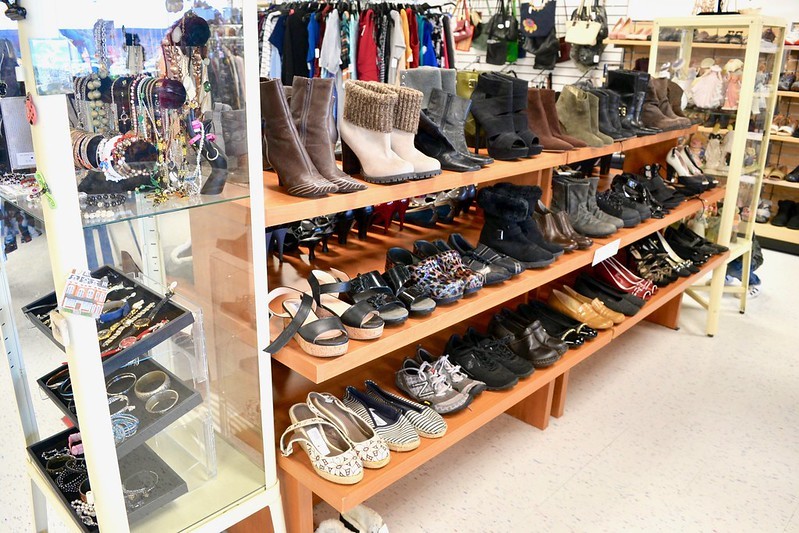
January 21, 2019
DCHS's Thrift Store opens to generate revenue to support the important work DCHS does to help the people and animals of our community. It starts in the former Adoption Center West location, and moves to its current location in 2020, on Watts Road in Madison.
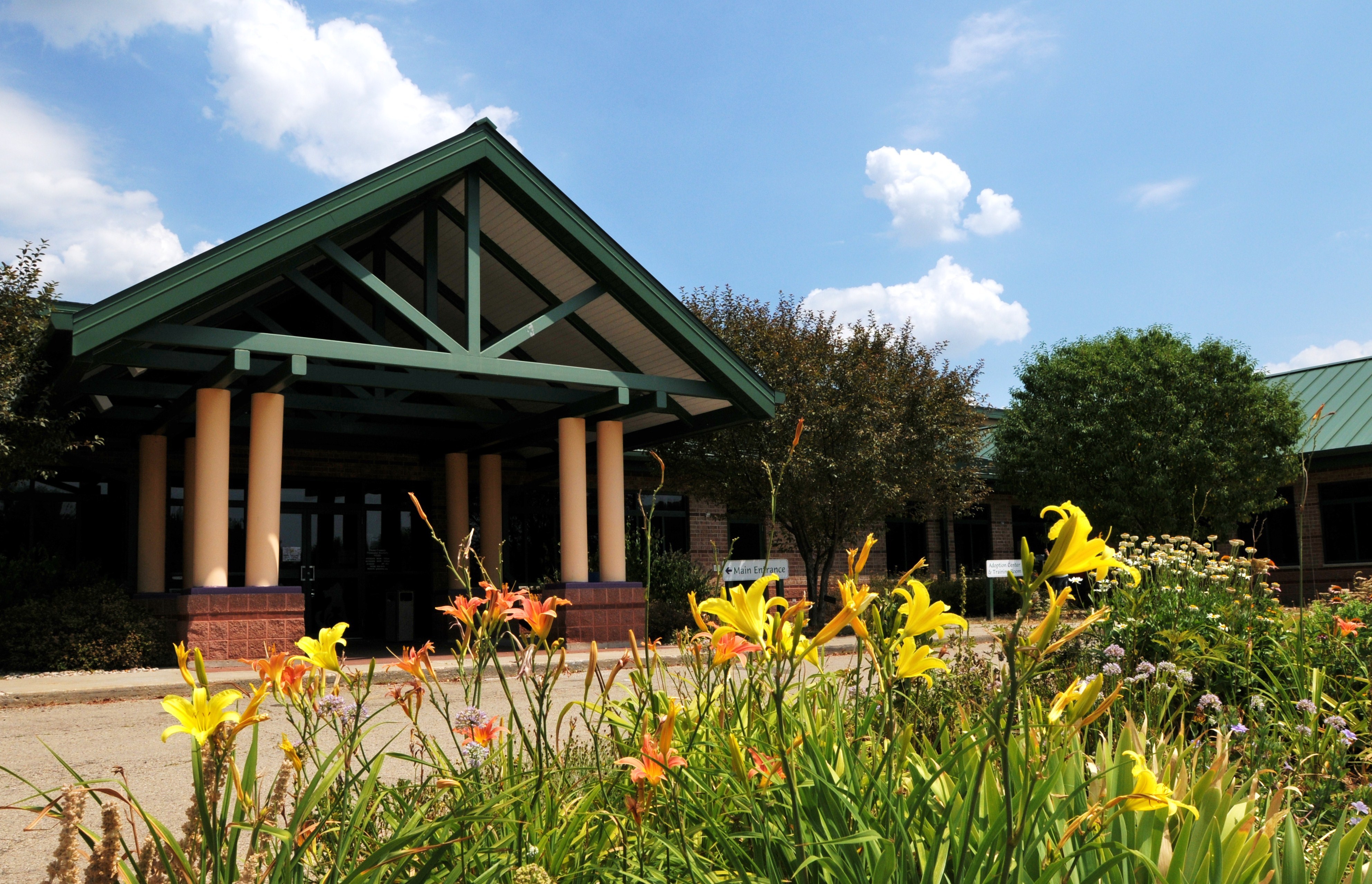
2021
Dane County Humane Society celebrates 100 years of helping people help animals with a yearlong celebration. We're proud to serve our community as your local, nonprofit animal shelter now and for many years to come!
Creating a More Humane Tomorrow
Make a plan for your pets while giving back!
To make it easier to create your legacy, DCHS has partnered with FreeWill to give you a simple way to write your legally valid will in 20 minutes or less. FreeWill lets you consider your loved ones and pets while ensuring DCHS continues to be a place of refuge for animals for another 100 years — and it costs nothing to give today!
